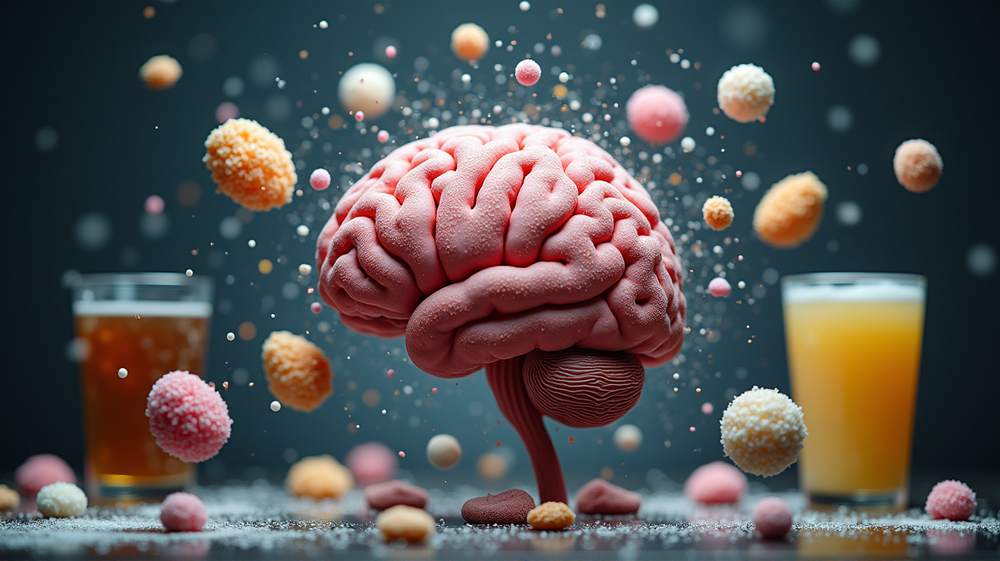In an illuminating study published by the American Academy of Neurology, researchers reveal startling findings on the effects of artificial sweeteners on the brain. According to ScienceDaily, this research, encompassing over 12,000 middle-aged adults from Brazil, presents a compelling narrative about the cognitive risks tied to popular sugar substitutes.
Sweeteners and Their Hidden Cost
The study focused on commonly used artificial sweeteners like aspartame, saccharin, acesulfame-K, and others used in diet sodas and low-calorie desserts. Astonishingly, individuals consuming the highest amounts of these sweeteners experienced memory and thinking declines 62% faster than those consuming the least.
The Demographic Divide
The most pronounced effects were noted in individuals under the age of 60 and those with diabetes, creating an undeniable link between artificial sweetener consumption and accelerated cognitive aging. However, the study did not find similar links among those over 60, suggesting age may moderate these effects.
Challenging the Perception of ‘Healthy’ Alternatives
Dr. Claudia Kimie Suemoto of the University of São Paulo points out that while artificial sweeteners are often promoted as healthy alternatives to sugar, their long-term impacts on brain health warrant caution. The findings underscore the need for further research into other sugar substitutes, such as honey and maple syrup, as potentially safer options.
Examining the Sweet Culprits
Participants consumed varying levels of sweeteners, with those at the highest levels showing mental decline equivalent to about 1.6 years of aging. This aspect of the findings is concerning, particularly when considering the frequent consumption of diet beverages among individuals looking to manage their weight or sugar levels.
The Need for More Research
Although this study builds a case for reconsidering the widespread use of artificial sweeteners, it stops short of proving causation. Yet the insights it offers are significant, opening the door to a deeper investigation into the long-term trade-offs of these dietary choices on brain health.
Artificial sweeteners have been a staple in many diets worldwide. Still, the revelations from this comprehensive study urge caution and a reevaluation of the purported health benefits of these sugar alternatives. As the conversation continues, finding a sweet spot in our diets has never been more critical.












